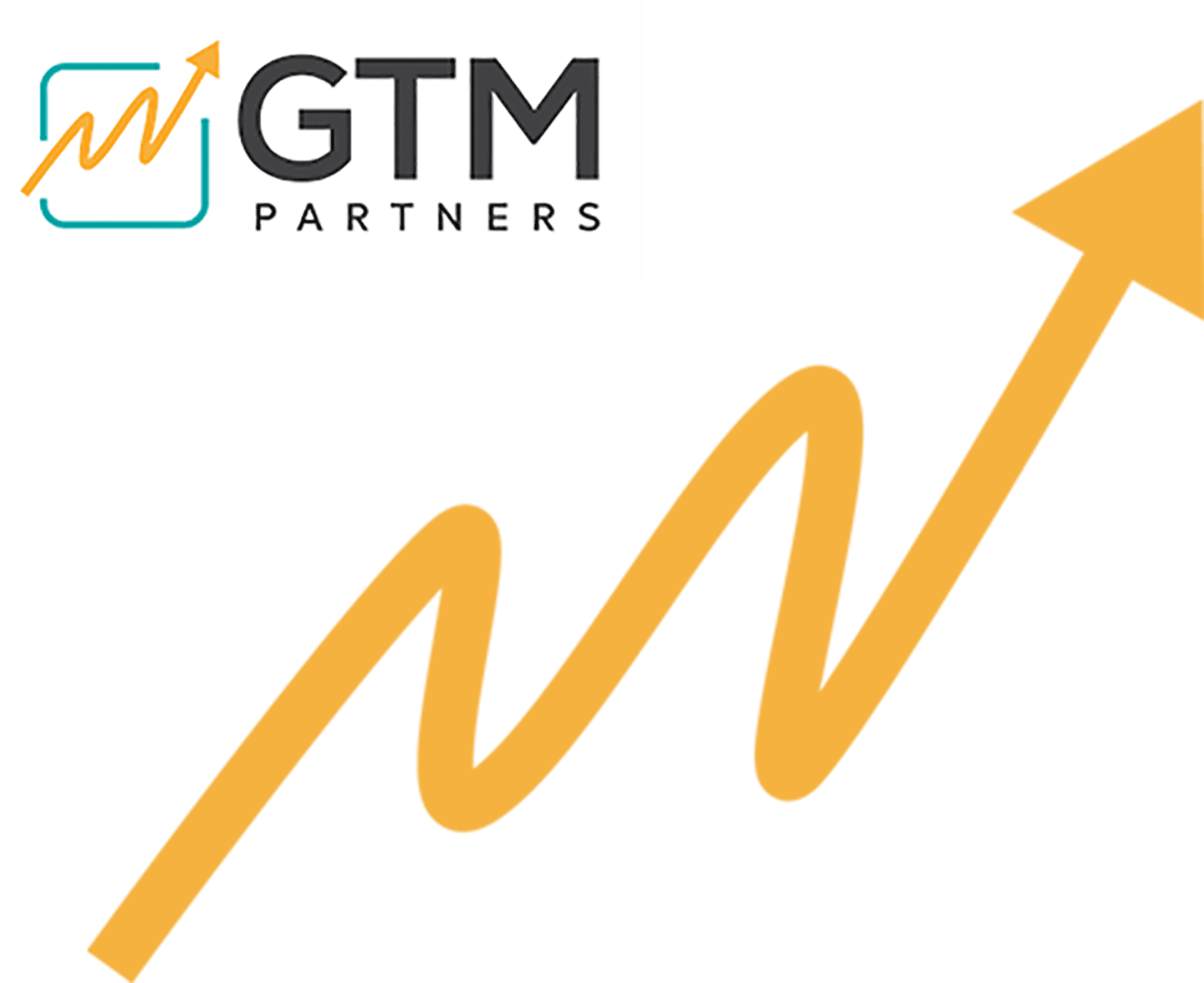Building Scalable Sales Pipelines: Key Steps for Revenue Precision
- October 1, 2024
Building Scalable Sales Pipelines: Key Steps for Revenue Precision
A scalable sales pipeline is the backbone of sustainable revenue growth. A well-designed pipeline ensures a steady flow of leads and provides the framework for optimizing conversion rates and maximizing revenue generation. To achieve revenue precision, businesses must build scalable sales pipelines that adapt to evolving market dynamics and support long-term growth objectives.
The first step in building a scalable sales pipeline is defining the ideal customer profile (ICP). Understanding your target audience’s characteristics, needs, and pain points enables more targeted and effective lead-generation efforts. By aligning sales and marketing strategies with the ICP, businesses can attract high-quality leads that are more likely to convert into paying customers, thereby improving the efficiency of the sales pipeline.
Next, businesses should implement a lead qualification process to prioritize leads based on the likelihood of conversion. By scoring leads based on criteria such as demographics, behaviour, and engagement levels, sales teams can focus their efforts on prospects with the highest potential value, increasing the efficiency of the sales pipeline and minimizing wasted resources.
Additionally, implementing automation tools and technologies can streamline the lead nurturing process and enhance scalability. Marketing automation platforms can automate repetitive tasks, such as freeing up valuable time for sales teams to focus on high-value activities, email outreach and lead tracking, such as building relationships and closing deals. Moreover, customer relationship management (CRM) systems enable better visibility into the sales pipeline, allowing businesses to track leads at every stage of the buyer’s journey and identify areas for improvement.
Regularly analyzing and optimizing the sales pipeline is essential for maintaining revenue precision. Businesses can identify bottlenecks, optimise processes, and improve pipeline efficiency by tracking key performance indicators (KPIs) such as conversion rates, average deal size, and sales cycle length. Continuous iteration and refinement ensure the sales pipeline remains scalable and adaptable to changing market conditions, enabling sustained revenue growth.
In conclusion, building a scalable sales pipeline is essential for achieving revenue precision and driving long-term business success. By defining the ideal customer profile, implementing lead qualification processes, leveraging automation tools, and regularly optimizing pipeline performance, businesses can streamline their sales processes, maximize revenue generation, and stay ahead of the competition in today’s dynamic marketplace.



